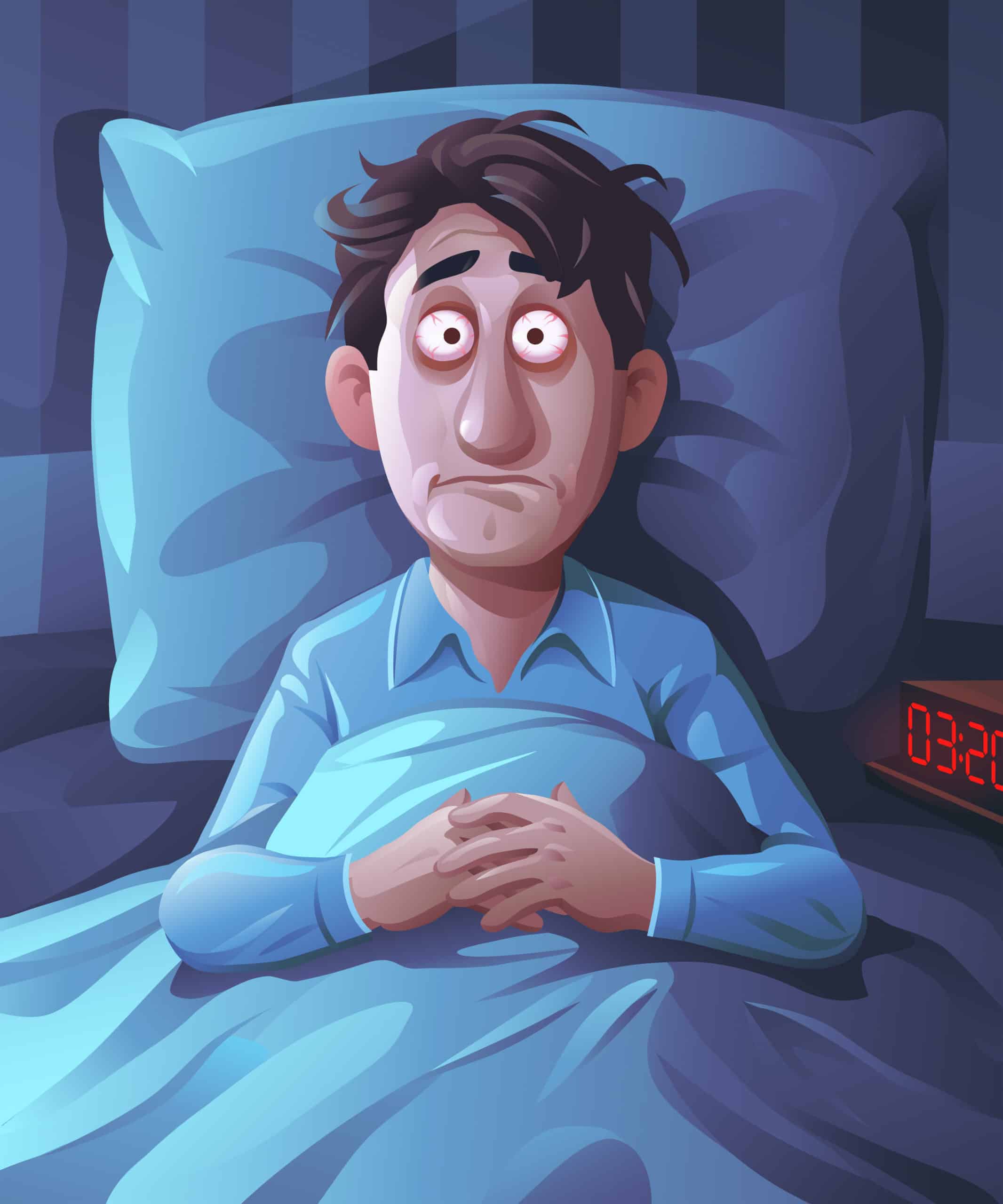What are the sleeping habits of your family? Is there a tradition in your household of going to bed late, sleeping in, or watching television before bed? If so, what are the consequences?
Sleep habits and routines are vital throughout life and play a significant role in not just maintaining health and well-being, but also in assisting students of all ages to be their best selves when they are in the learning environment.
The Sleep and Learning Process: What You Need to Know
The quality and quantity of sleep a person obtains influences learning and memory
A good night’s sleep improves learning and memory in two ways, according to Harvard Medical School:
- Sleep Deprivation, Focus, and Memory Lack of sleep impacts focus and memory. Sleep deprivation impairs concentration and thus learning.
- Lack of Sleep and Retention Insufficient sleep deprives memory and the ability to remember information.
Mood, learning performance, the heart, and the brain are all affected by poor sleep. When a child lacks sleep, their neurons malfunction and they lose access to knowledge.
BETTER SLEEP HABITS—STUDENT TIPS
How to get your kids to sleep for eight hours every night?
- A Regular Bedtime Routine Consistent bedtime routines for kids help prepare their minds and bodies for sleep
They can relax and adjust to the timetable. This regimen includes cleaning teeth, putting on PJs, taking a bath, and reading for 20 minutes. A routine helps youngsters relax by providing a sense of security.
- Turn off electronics
Blue light from displays might interfere with sleep. Exposure to blue light disrupts the circadian rhythm and suppresses melatonin. Instead of blue light, utilise dim red lights before bed. Red lights have less effect on the circadian rhythm and melatonin. Also, avoid bright electronic screens three hours before bedtime. More about limiting screen time.
- Create a Comfy Environment
Children will toss and turn more if their sleeping environment isn’t comfortable. Creating a distraction-free bedroom is part of the relaxation process. Keep your child’s room at 65 degrees to help their body and brain to relax.








